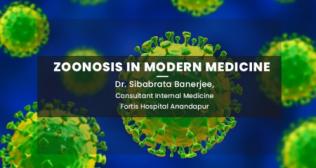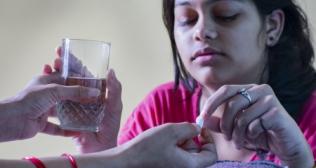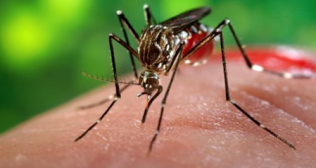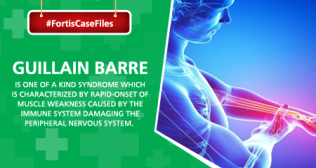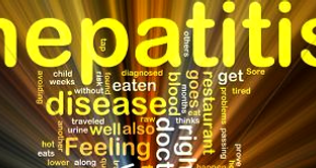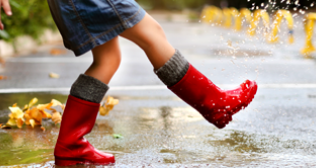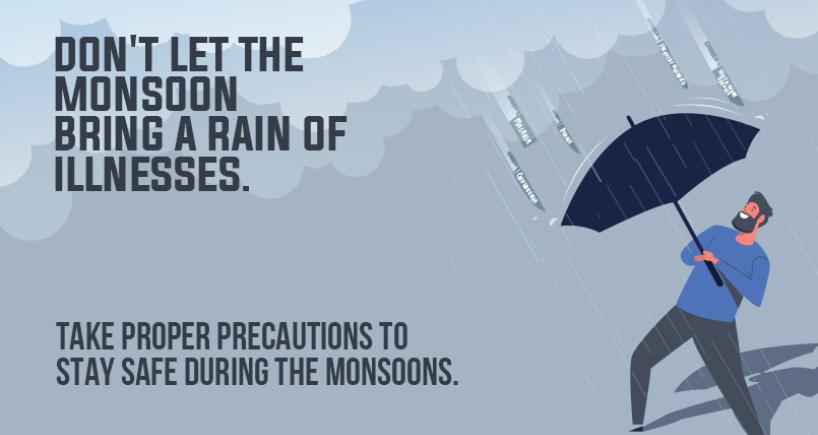
Enjoy A Healthy Monsoon
Monsoon has arrived and if you feel unwell, don't wait or self-medicate, instead go to your doctor and seek early medical care so that a correct diagnosis can be made. Be cautious, stay fit and enjoy the lovely weather
Come monsoons and we all heave a sigh of relief from the scorching heat of summer months. Also savouring those crispy delicacies in pleasant weather is always enjoyable. But the monsoon doesn’t knock alone, with it, come many unwelcomed guests such as bacteria, viruses and moulds, all of which spread infections making us queasy.
Monsoon makes us susceptible to many diseases as the dampness and stagnant water are perfect breeding grounds for many disease-causing micro-organisms. While jaundice, typhoid and diarrhoea are common, some other common ailments include viral fever, common cold, hepatitis A and leptospirosis.
Monsoon diseases are mainly water-borne and gastrointestinal. But this is also the time when mosquitoes breed, spreading deadly vector-borne ailments such as malaria, dengue and chikungunya. Children, elderly, those having low immunity, those with uncontrolled diabetics, those on immune suppressive medicines and cancer patients are particularly vulnerable.
Common diseases in monsoon
Jaundice: Viral infection of liver is very common during rainy season. The virus causing hepatitis spreads through water. It is a serious infection. Hepatitis produces jaundice, resulting in yellow urine and yellow eyes.
Diarrhoea: Contamination of food or water causes maximum diarrhoeal diseases. It is also called food poisoning. Diarrhoeal diseases are self-limited and need supportive treatment in the form of replacement of water and salts orally. For severe diarrhoea, intravenous fluids and antibiotics may be required. Switching to a diet of clear liquids and taking rest helps.
Typhoid: Typhoid is highly communicable disease, which is mostly spread via contaminated food and water. Prolonged fever coupled with headache, diarrhoea and abdominal pain followed by a rash may indicate typhoid. Patient should be isolated from other members as this spreads. Patients should consume maximum fluids to prevent dehydration. Getting vaccination can be of great help.
Common cold, cough and viral fever: Common cold occurs due to viruses that thrive in humid conditions. Prolonged exposure to humid air from air-conditioners also increases your chances of catching a cold. It presents symptoms such as fever, cough, cold, runny nose and severe body pain. These infections require symptomatic treatment with paracetamol and anti-histaminics. Taking warm fluids help.
Hepatitis A: This viral disease spreads through contaminated food and water. The symptoms include an increase in body temperature, loss of appetite, body pain, joint aches, nausea and vomiting. A yellowish hue in the eyes, skin and nails is also seen.
Gastroenteritis: Gastroenteritis is the infection of our intestine by water-borne bacteria and viruses that grow in the contaminated water. In most cases, this is a mild and self-limiting illness, but at times can become life threatening. In case you feel symptoms, do not delay in seeking medical advice.
Leptospirosis: Leptospirosis is mostly caused by walking in dirty water with higher chances of infection, especially if you have skin injuries. Leptospirosis can occur due to contamination of water or stagnant rain water. The organisms enter the body through the skin and result in fever and severe body pain. Diagnosis can be done by blood test. Simple penicillin or doxycycline may help cure the infection. Avoid stepping into dirty water. Investing in a good pair of water-proof shoes can be beneficial. Closed shoes keep the feet dry and healthy during monsoon.
Malaria: Breeding mosquitoes cause malaria. Attacks of severe fever with shivering are common. Fever occurs at regular intervals. So, do not ignore any symptoms of malaria and consult a doctor immediately if you feel any sign of the disease. Shut doors and windows during morning and evening time to keep mosquitoes out.
Chikungunya and Dengue: These pose a major health threat. Both diseases have similar symptoms, though haemorrhagic manifestations are rare in chikungunya. Chikungunya is characterised by symptoms of flu and sudden onset of high fever, accompanied by intense joint pain. Other symptoms include swollen feet or hands and skin rash.
Dengue starts with headache, chills, low backache. Extreme pain in the joints and legs occur during the onset of the disease. The temperature rises very quickly while patient may experience fever, headache, body pain and rashes. Diagnosis may show low platelet count. Severe cases need immediate hospitalisation and aggressive treatment. There is no preventive drug or vaccine currently available for these ailments. The best bet would be to keep your home mosquito-free.
Skin problems: During monsoons, skin infections are likely to increase. Breakouts and bacterial infections are aggravated by wet clothes. Fungal infections occur commonly in the areas such as armpits, groin and between toes.The infection may even become severe, requiring skin surgery. After cleansing the skin, moisturising becomes important, especially if you spend a lot of time in an air-conditioned environment.
Prevention
Taking adequate precaution is the best way to avoid monsoon-related ailments. Follow these simple prevention tips to be disease free this monsoon:
- Wash hands before every meal. Carrying hand sanitiser can save you from picking germ-related illnesses such as cold and cough.
- Avoid eating outside. Stick to freshly prepared home-made food.
- Drink only clean / boiled water or use water purifiers.
- Wear clothing that protects you from mosquito bites.
- Taking a warm water bath as soon as you get home is the best way to increase your body’s immunity.
- Protect yourself from mosquitoes by using nets, repellents, etc.
- Discourage children from playing in dirty water.
- Cover your mouth with a handkerchief while coughing or sneezing.
- Eat plenty of fresh fruits and green leafy vegetables.
- Swim only in the pools that are cleaned properly as these carry a good source of infection.
- Ensure that your neighbourhood is kept as clean as possible.
- Prevent mosquito breeding by removing junk, covering open overhead tanks, etc.
Categories
Clear allMeet the doctor

- Internal Medicine | General Physician | Internal Medicine
-
46 Years
-
1400







